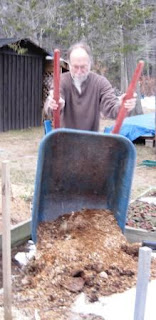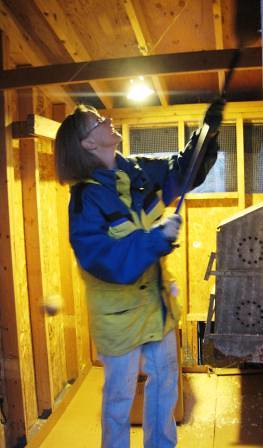This drawing is from the 14th century -- more than 600 years ago. No one is sure when people started domesticating animals and plants. Scientists theorize that farming started as far back as 9,000 BC. It makes sense because people have to eat, and chickens generously provide an eggcellent, abundant, and versatile nourishment.
Keeping chickens reminds me that I'm connected to my food, the Earth, and to my ancestors who struggled to survive against much worse conditions than me in the space age with medical and dental care, antibiotics, electricity and a very good diet.
Some modern conveniences now threaten our health, such as too many antibiotics in our food chain, over-reliance on fossil fuels and driving, which leads to poorer health because our bodies do not get the physical exercise they need.
My small flock chickens remind me that I'm connected to my ancestors, some food I eat, the weather, natural instincts, predators in the animal kingdom, and eating and pooping -- which chickens do in abundance.





